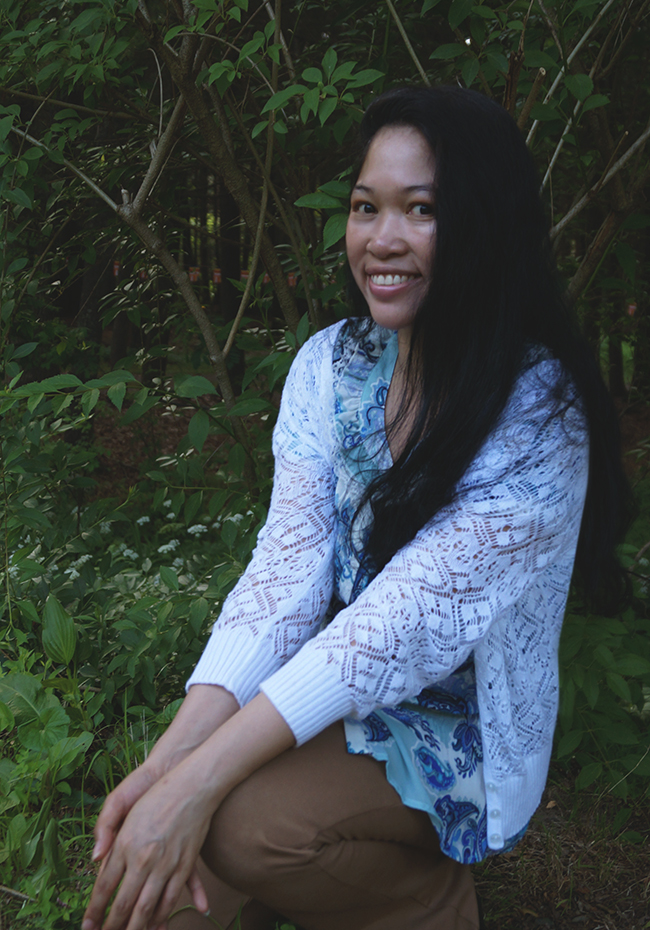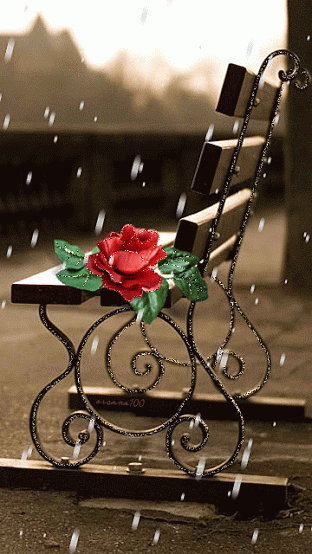The Metta Prayer: Prayer of Lovingkindness
Prayer for Peace
The Buddha gave a beautiful teaching on the development of lovingkindness called the Metta Sutta (also known as the Karaniya Metta Sutta). I’ve adapted the words of the sutta to formulate them as an aspiration that can be repeated in a prayer-like way.
In order that I may be skilled in discerning what is good, in order that I may understand the path to peace,
Let me be able, upright, and straightforward, of good speech, gentle, and free from pride;
Let me be contented, easily satisfied, having few duties, living simply, of controlled senses, prudent, without pride and without attachment to nation, race, or other groups.
Let me not do the slightest thing for which the wise might rebuke me. Instead let me think:
“May all beings be well and safe, may they be at ease. Continue reading


















